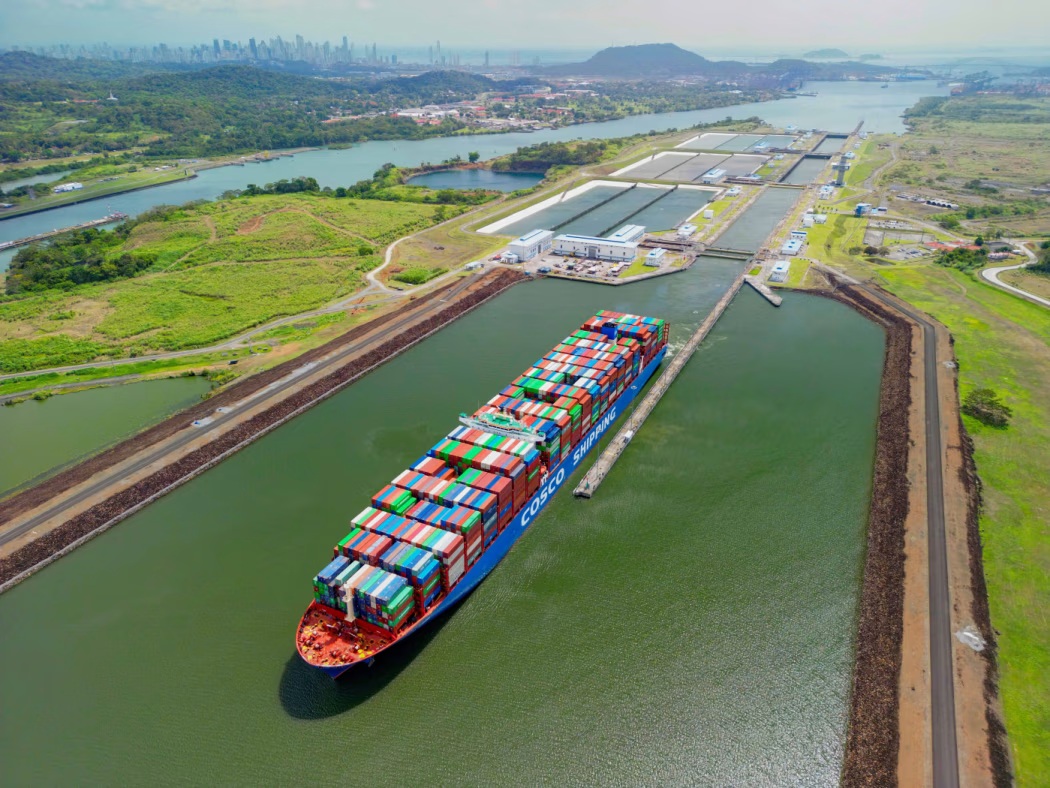Drug violence and authoritarianism major regional challenges

‘The drug violence and the authoritarian practices of governments to silence the opposition are the two major challenges to freedom of expression in LatinAmerica, saiys Catalina Botero, who is leaving after six years as the Human Rights organization(IACHR) Rapporteur.
For Botero, born in Colombia, ” transnational” organized crime “is probably the most important factor of violence against journalists in the region,” reports tha AFP news agency.
Since 2000, about 220 journalists have died “probably” for reasons related to their profession mainly in Mexico, Colombia, Brazil and Honduras, said the rapporteur. The victims, she says , are generally provincial journalists investigating corruption or infiltration of drug trafficking in public forces. They are killed, threatened, attacked or expelled.
The killings have declined since 2011 “but not necessarily because organized crime is down, but because they have had the effect of self-censorship,” laments Botero.
According to the rapporteur, “States have fragmented security policies” against the regional extent of violence with the military response, sometimes identifying the press”with the enemy.”
“There is much work ahead” for governments to devise protocols to understand the work of journalists and, create non-stigmatizing institutions that protect and ultimately end impunity for crimes against them.
Botero, who was a judge in Colombia, left her position as Special Rapporteur for Freedom of Expression of the Inter-American Commission on Human Rights (IACHR) to Uruguayan lawyer and journalist Edison Lanza who takes over on Monday.
Rapporteur since 2008-the longest since its inception in 1997-, Botero has not escaped controversy, especially for her criticism of the situation of the press in Ecuador and Venezuela
She complained of “very autocratic practices” of the governments of those countries, “who are not willing to accept critical journalism” and “use all government tools to dominate the public sphere and generate a single thought.”…Freedom of speech is not guaranteed in any form,” she says.
According to Botero, the independent media have a right to any opinion without being stigmatized, but also the obligation to warn the public of their political inclination. “What is the best way to accomplish this? I think it is social control, not state control “she says. “State control is perverse in that regard. When it is the state that controls the content of the media
In times of tweets and media, Botero makes a strong defense of the press … and even better if it is on paper. “The print media, is important especially when it is strong … investigations take time, you can publish things that cannot be in other formats,” she says.
Newspapers, that collect different information and opinions in various areas, “can generate … a public much more tolerant and with much more pluralistic opinions.”
In her view, social networks have broadened the spectrum of public debate but have the risk of reporting only “on the small world that interests them” r. “Many people usually follow people who think alike, do not leave their comfort zone, do not argue with others, do not call into question their own thinking”Drug violence and authoritarianism major regional challenges
‘The drug violence and the authoritarian practices of governments to silence the opposition are the two major challenges to freedom of expression in LatinAmerica, saiys Catalina Botero, who is leaving after six years as the Human Rights organization(IACHR) Rapporteur.
For Botero, born in Colombia, ” transnational” organized crime “is probably the most important factor of violence against journalists in the region,” reports tha AFP news agency.
Since 2000, about 220 journalists have died “probably” for reasons related to their profession mainly in Mexico, Colombia, Brazil and Honduras, said the rapporteur. The victims, she says , are generally provincial journalists investigating corruption or infiltration of drug trafficking in public forces. They are killed, threatened, attacked or expelled.
The killings have declined since 2011 “but not necessarily because organized crime is down, but because they have had the effect of self-censorship,” laments Botero.
According to the rapporteur, “States have fragmented security policies” against the regional extent of violence with the military response, sometimes identifying the press”with the enemy.”
“There is much work ahead” for governments to devise protocols to understand the work of journalists and, create non-stigmatizing institutions that protect and ultimately end impunity for crimes against them.
Botero, who was a judge in Colombia, left her position as Special Rapporteur for Freedom of Expression of the Inter-American Commission on Human Rights (IACHR) to Uruguayan lawyer and journalist Edison Lanza who takes over on Monday.
Rapporteur since 2008-the longest since its inception in 1997-, Botero has not escaped controversy, especially for her criticism of the situation of the press in Ecuador and Venezuela
She complained of “very autocratic practices” of the governments of those countries, “who are not willing to accept critical journalism” and “use all government tools to dominate the public sphere and generate a single thought.”…Freedom of speech is not guaranteed in any form,” she says.
According to Botero, the independent media have a right to any opinion without being stigmatized, but also the obligation to warn the public of their political inclination. “What is the best way to accomplish this? I think it is social control, not state control “she says. “State control is perverse in that regard.
In times of tweets and social media, Botero makes a strong defense of the press … and even better if it is on paper. “The print media, is important especially when it is strong … Investigations take time, you can publish things that cannot be in other formats,” she says.
Newspapers, that collect different information and opinions in various areas, “can generate … a public much more tolerant and with much more pluralistic opinions.”
In her view, social networks have broadened the spectrum of public debate but have the risk of reporting only “on the small world that interests them” . “Many people usually follow people who think alike, do not leave their comfort zone, do not argue with others, do not call into question their own thinking”





